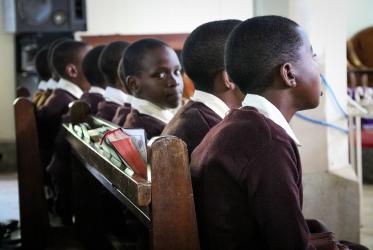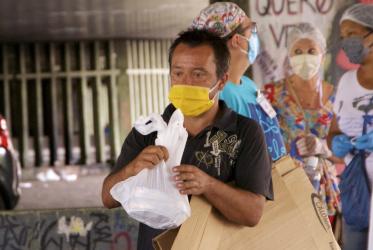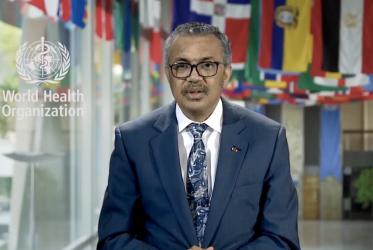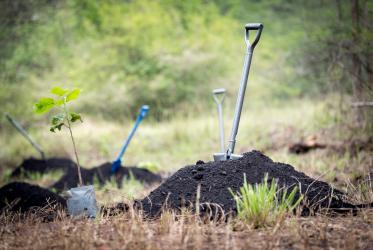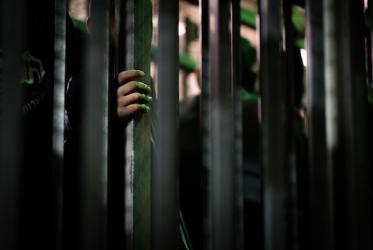Displaying 21 - 40 of 61
Churches should use their voice on climate change
26 February 2020
CCIA meets in Brisbane with focus on Pacific regional priorities
19 February 2020
Forum strengthens ecumenical commitment to diakonia
12 October 2017
Emily Welty: tide of hope for a world free from nuclear weapons
19 September 2017



